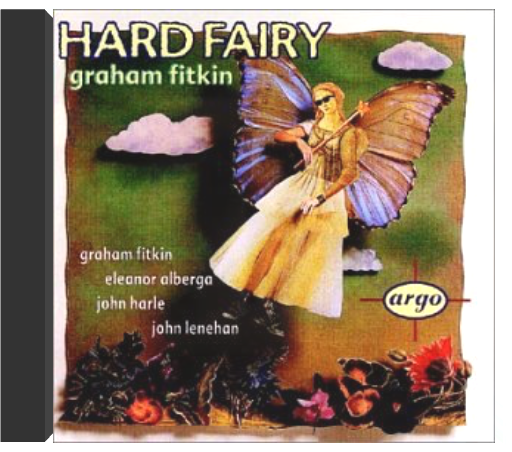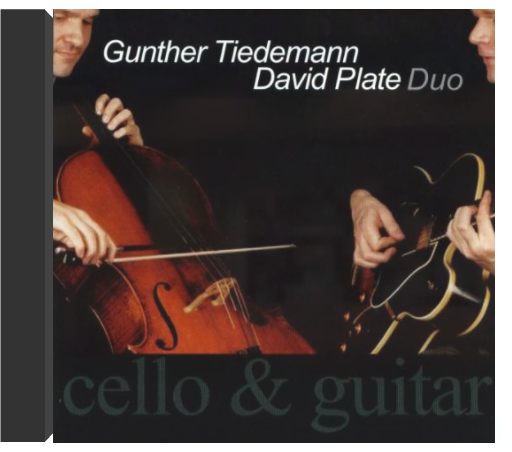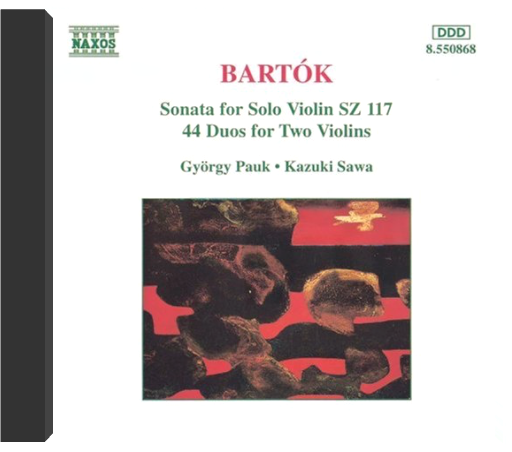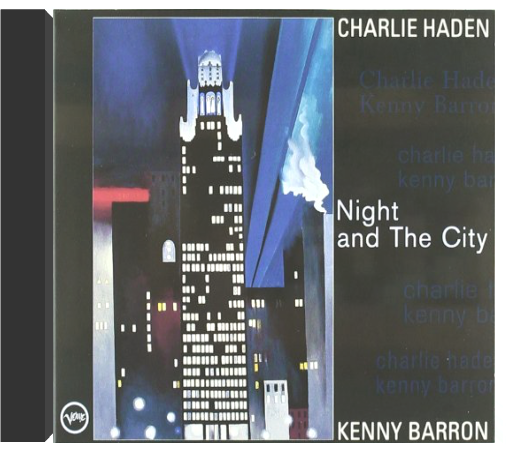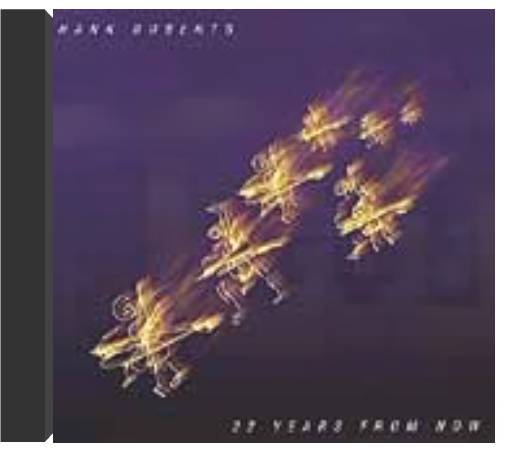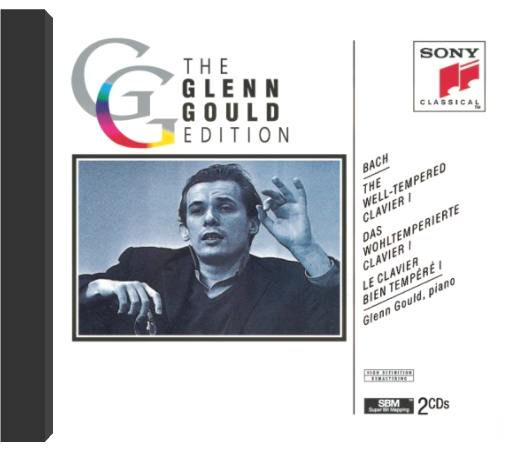 The Glenn Gould Edition - Bach: The Well-Tempered Clavier, Book IGlenn Gould The Glenn Gould Edition - Bach: The Well-Tempered Clavier, Book IGlenn Gould It's rather amazing today, when recordings of Bach's Well-Tempered Clavier practically fall of the shelves, to recall just how unusual it was back in the 1960s for a pianist to undertake to record this amazing work. It's probably fair to say that until Glenn Gould got his fingers around it, Bach's music was used for teaching purposes more than anything else. What Gould proves in this essential set is that Bach is decidedly not just a threat to hold over the head of budding pianists but a joy to listen to. One of Gould's very greatest recordings. —David Hurwitz 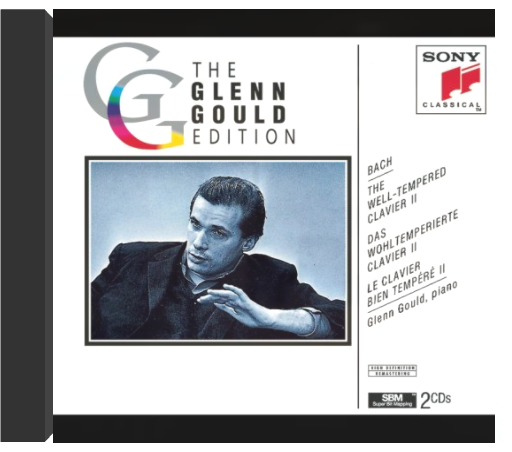 The Glenn Gould Edition - Bach: The Well-Tempered Clavier, Book IIGlenn Gould The Glenn Gould Edition - Bach: The Well-Tempered Clavier, Book IIGlenn Gould Glenn Gould's Bach is by now so ingrained in the 20th-century musical consciousness that it's almost hard to remember just how unusual his devotion to this composer was back in the 1950s and '60s when he first started making records. That his Bach recordings are still the standard by which all others are measured is a tribute to his self-awareness as an artist. If you are looking for the essential Glenn Gould playing Bach, then the three sets you really ought to have are his Goldberg Variations (either version), plus the two books of The Well-Tempered Clavier. Gould was simply incomparable in the contrapuntal intricacies of Bach's fugal writing, and in The Well-Tempered Clavier he has 48 opportunities to strut his stuff. He makes a show of every one. —David Hurwitz 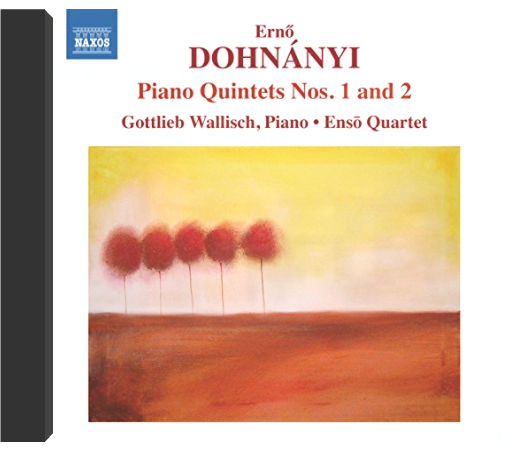 Erno Dohnanyi: Piano Quintets Nos. 1 & 2Gottlieb Wallisch, Enso Quartet Erno Dohnanyi: Piano Quintets Nos. 1 & 2Gottlieb Wallisch, Enso Quartet Dohnányi's Piano Quintet, Op. 1 was praised highly by Brahms. The harmonic ambiguity of the still underestimated Second Piano Quintet from 1914 points to the composer's awareness of ongoing developments in European music. 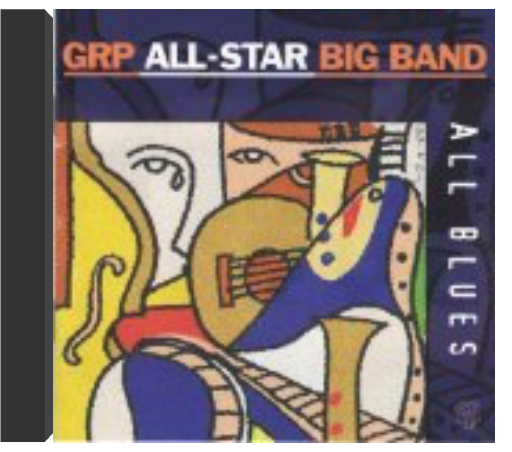 GRP All-Star Big Band: All BluesGRP All-Star Big Band GRP All-Star Big Band: All BluesGRP All-Star Big Band All-Star Big Band includes the following tracks: 1) Cookin' At The Continental 2) Stormy Monday Blues 3) All Blues 4) Birks Works 5) Goodbye Pork Pie Hat 6) Senor Blues 7) Blue Miles 8) Mysterioso/Ba-Lue Bolivar Ba-Lues-Are 9) Some Other Blues 10) Aunt Hagar's Blues 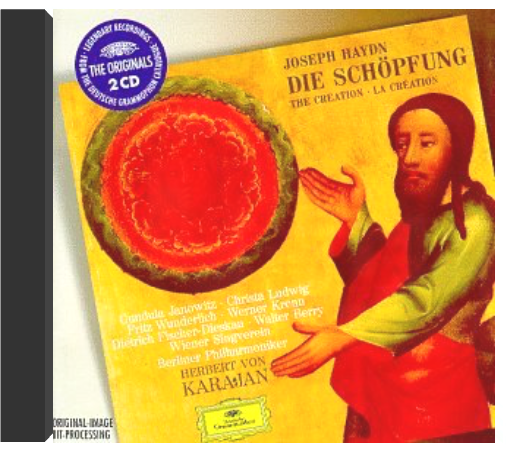 Haydn: Die SchopfungGundula Janowitz Haydn: Die SchopfungGundula Janowitz No Description Available 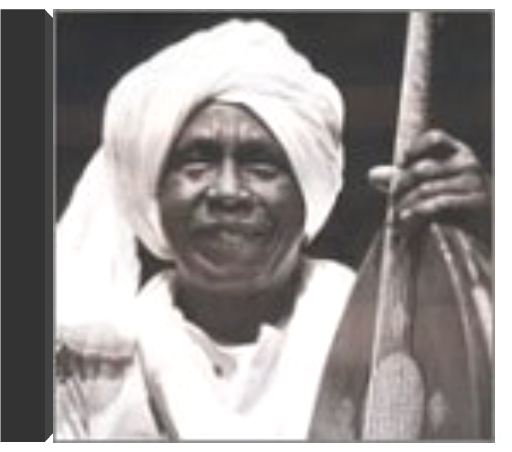 Escalay: The Water WheelHamza El Din Escalay: The Water WheelHamza El Din One of the first world-music releases to reach Western ears (originally issued in 1968), this album rightfully established Hamza El Din as one of the leading instrumentalists on the lutelike oud, which he taught to guitarist Sandy Bull and others. The three tracks that comprise this disc, all lengthy improvisations, showcase El Din's remarkably fluid technique and his Nubian roots, whether on the traditional "Song with Tar" or "I Remember," which was originally performed by Egypt's greatest diva, Om Kalthoum. Perhaps the best example of El Din's instrumental meditations, however, is the title track, which is his own composition. Its lines ripple and sway, then stop to ponder and work around a phrase before moving on—a style unique at the time, but which influenced a generation of oud players that followed. A masterpiece. —Chris Nickson |
 Made with Delicious Library
Made with Delicious Library

